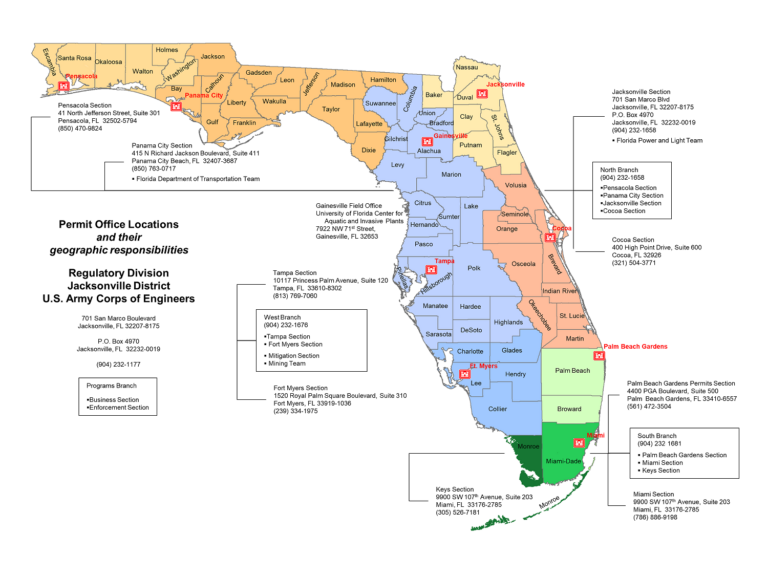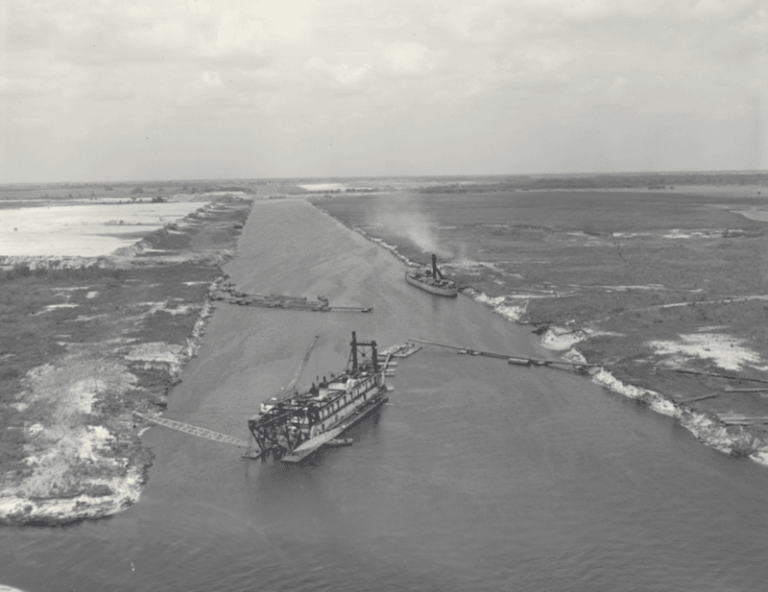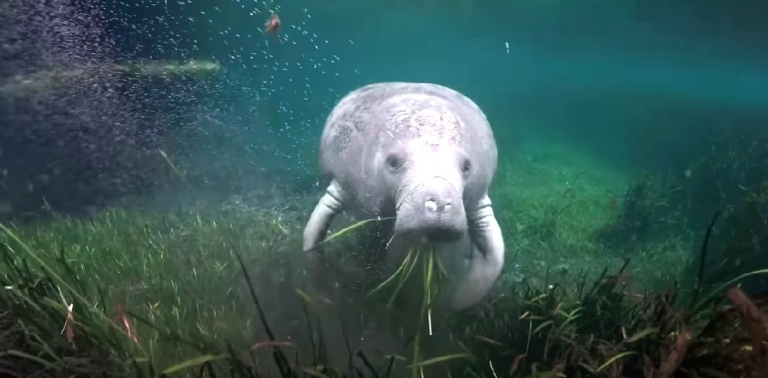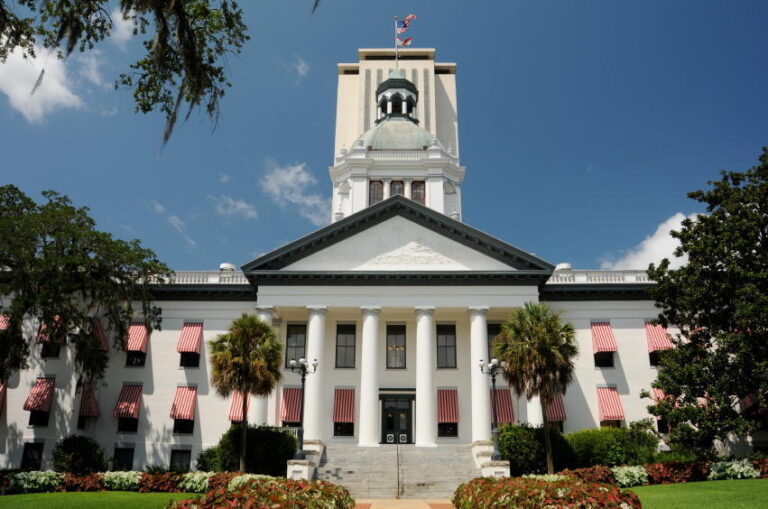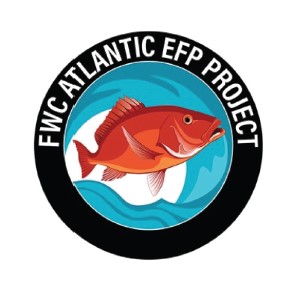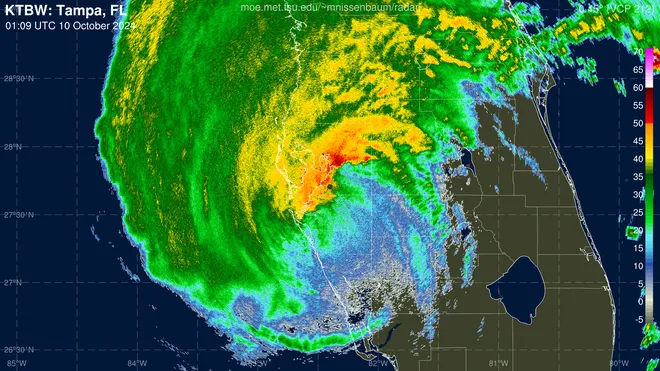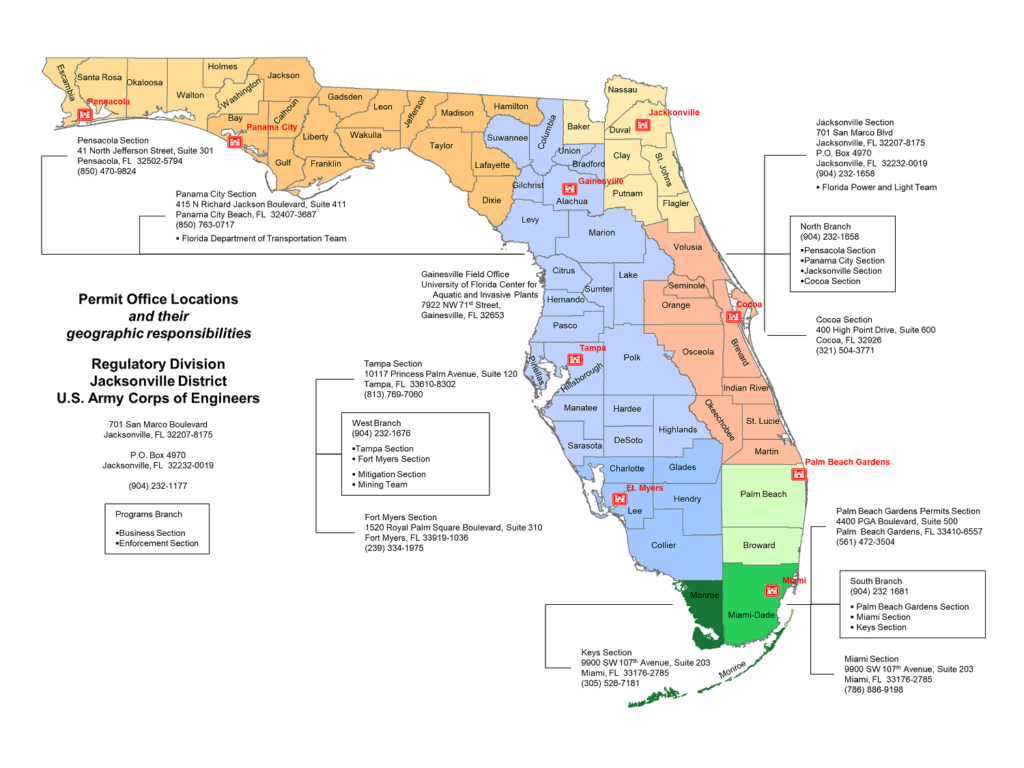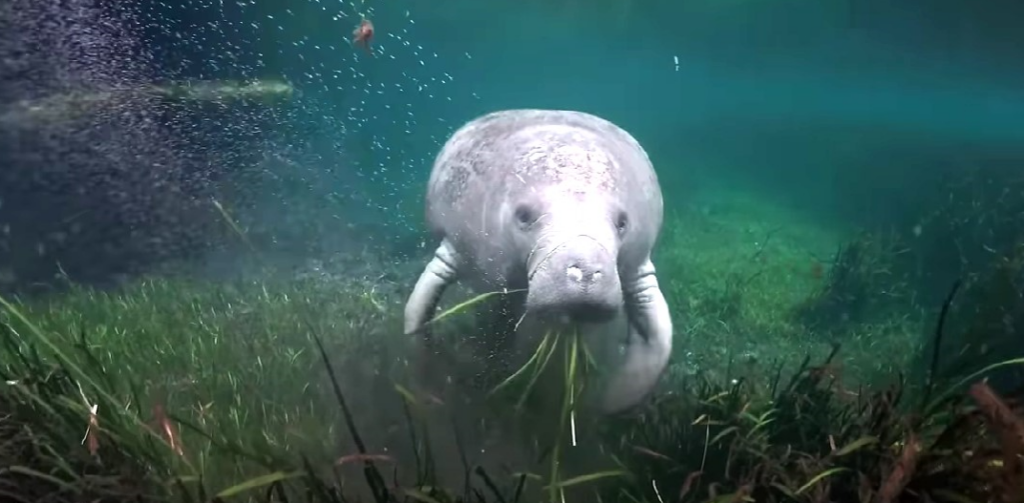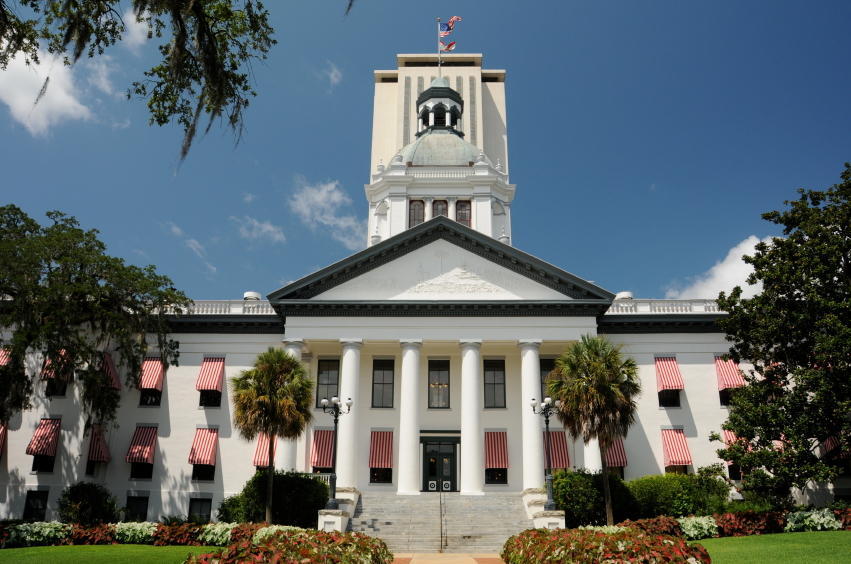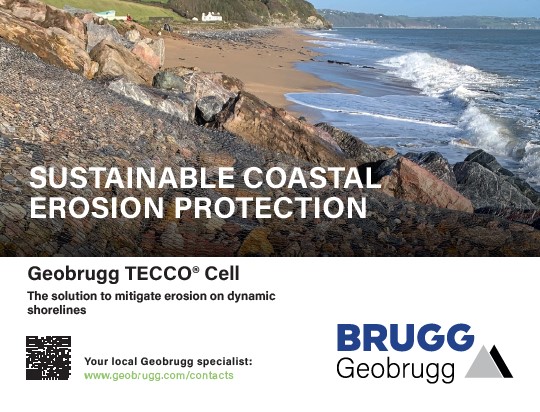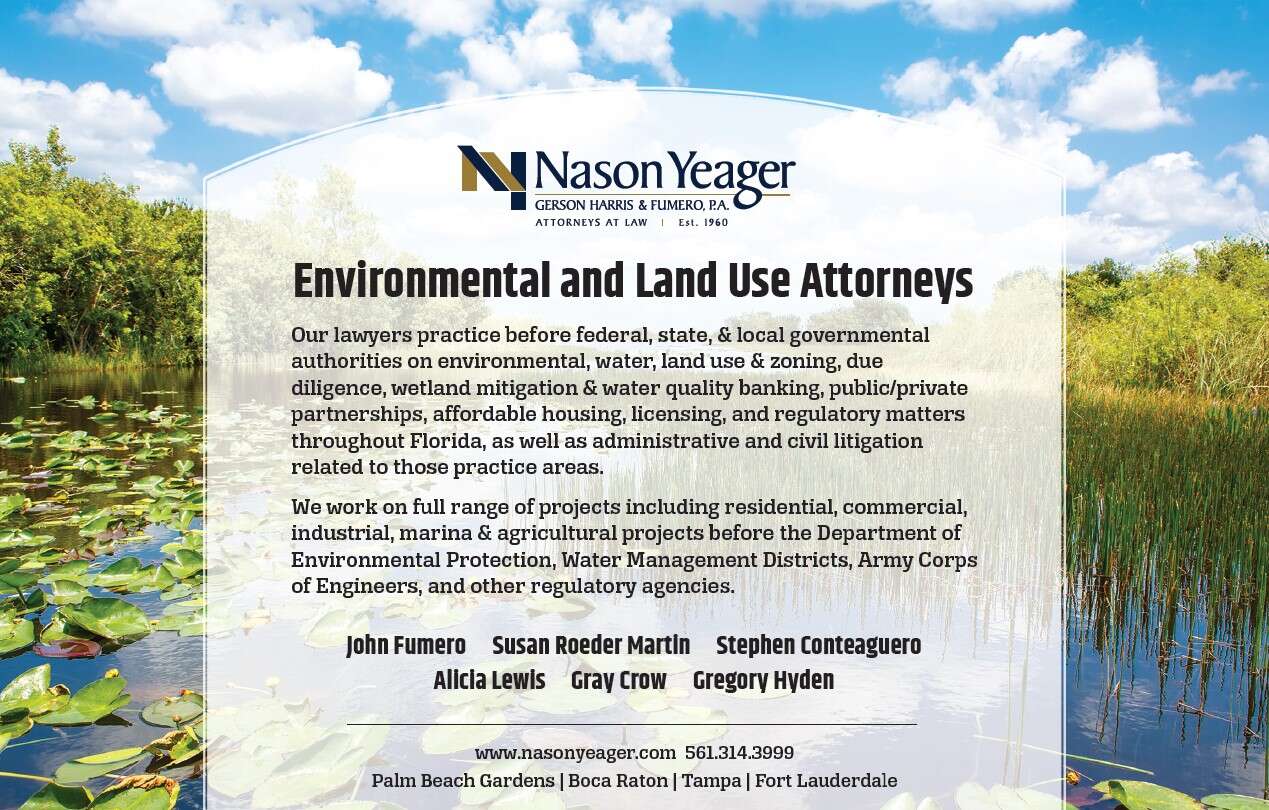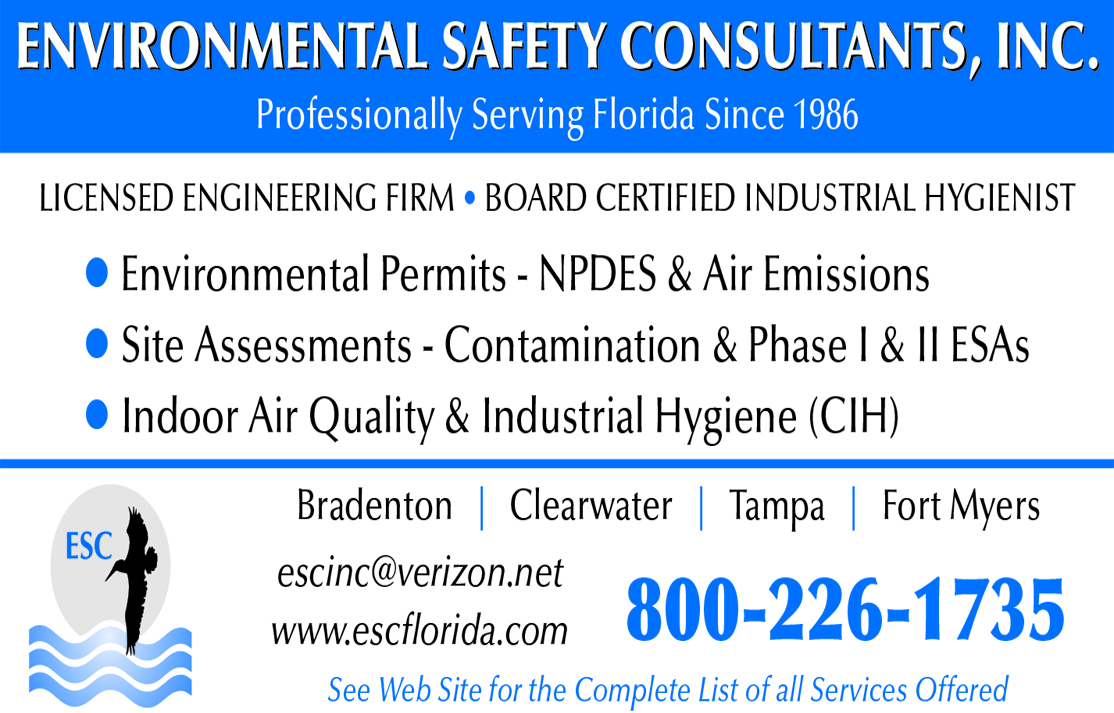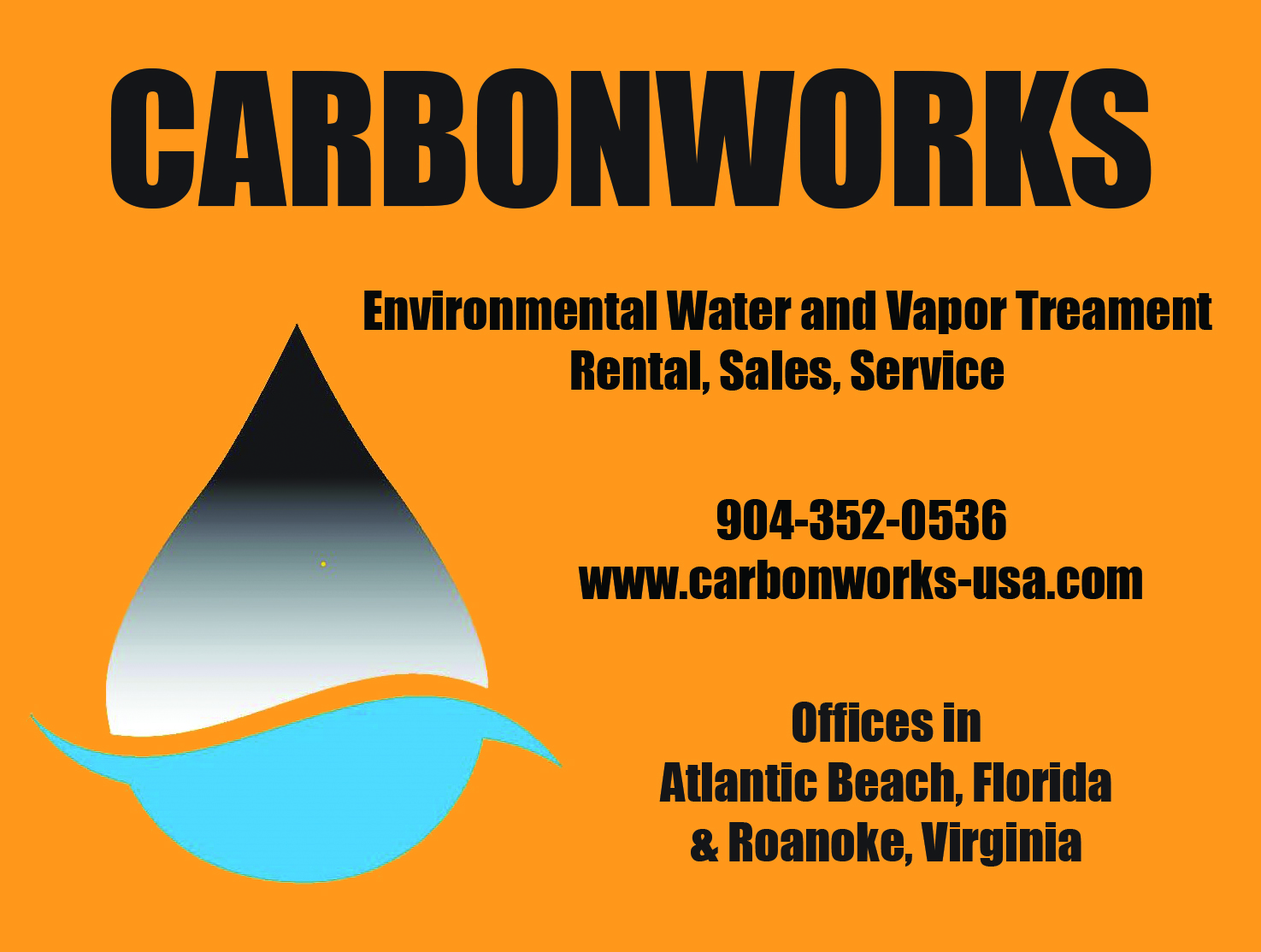
Boating restrictions in effect due to Hurricane Milton
The Florida Fish and Wildlife Conservation Commission (FWC) is advising the public that several rivers across the state are currently experiencing significant flooding as a result of Hurricane Milton. The impacted rivers include the Suwannee/Santa Fe, St. Johns and Withlacoochee rivers. Flooding conditions along these rivers have led to the implementation of safety measures to protect the public.
As floodwaters rise, specific areas of these rivers have reached established flood levels, triggering Idle Speed/No Wake zones. These restrictions are enforced when NOAA and U.S. Geological Survey flood gauges indicate that water levels have reached critical points. Boaters navigating through these zones must reduce their speed to idle and ensure their wake does not create a hazard.
Due to extreme flooding, some sections of the Withlacoochee River are currently closed to all vessel traffic. This decision has been made for public safety as rising water levels can create dangerous conditions, such as submerged hazards, fast currents and debris, making navigation treacherous. Boaters are urged to avoid these areas entirely until water levels recede, and normal conditions are restored.
To ensure safety and compliance with these restrictions, the FWC strongly encourages all boaters to stay informed about current river conditions. For the most up-to-date information on Idle Speed/No Wake zones, river closures and other important alerts, visit MyFWC.com/Boating, click on “Waterway Management” and then on the “Alert!” banner at the top of the page.
“Safety is our top priority,” said FWC Boating and Waterways Section Leader Maj. Bill Holcomb. “We are working closely with local officials and monitoring water levels to make adjustments as conditions change. We ask all boaters to respect these temporary restrictions and stay alert to any updates as the situation evolves.”
Please remember that high river levels can present hidden dangers such as strong currents, submerged debris and altered landscapes. Boaters are urged to exercise extreme caution during this time and avoid unnecessary travel on affected waterways.
DEP Adds More Than 1,300 Acres to the Little Big Econ State Forest
The Florida Department of Environmental Protection announces the completion of the Yarborough Ranch Florida Forever Project with the recent purchase of a 1,361-acre property. Located in southeastern Seminole County, this property provides an important linkage in the Florida Wildlife Corridor to existing conservation lands, including the Little Big Econ State Forest.
“Adding to our network of conservation lands is always an occasion to celebrate,” said DEP Secretary Shawn Hamilton. “I once again thank Governor DeSantis for supporting our ambitious environmental goals with dedicated funding for the Florida Forever Program. Purchases like Yarborough Ranch will benefit our residents, visitors and wildlife by providing improved water quality, species habitat and recreational opportunities.”
The property is almost entirely within the Geneva Freshwater Lens, which provides drinking water for county residents. Conserving the property protects this unique and valuable hydrologic resource, helps to safeguard the health and diversity of the regional ecosystem, and prevents further development.
It will be managed by the Florida Forest Service as part of the Little Big Econ State Forest, which is open during daylight hours for visitors to enjoy hiking, canoeing, horseback riding, bicycling, wildlife viewing and picnicking.
Commissioner Wilton Simpson Urges USDA to Issue Disaster Declaration for Hurricane Milton Agricultural Damage
Preliminary Agricultural Damage Assessment Estimates Losses at $1.5 – $2.5 Billion
Florida Commissioner of Agriculture Wilton Simpson sent a letter to the United States Secretary of Agriculture formally requesting a U.S. Department of Agriculture (USDA) Disaster Declaration for Florida counties impacted by Hurricane Milton. Hurricane Milton caused catastrophic damage to Florida’s agricultural producers, compounding losses and financial strain from previous storms. Based on initial reporting and communication with farmers, the Florida Department of Agriculture and Consumer Services’ initial damage assessment estimates total losses to the agriculture industry between $1.5 billion and $2.5 billion.
“Hurricane Milton has left a broad path of devastation, impacting our farmers and threatening Florida’s position as a leading agricultural producer. With four major hurricanes in just over a year, our agriculture communities have been hit repeatedly, causing unprecedented financial strain,” said Commissioner Simpson. “We need the USDA’s immediate support to help these family farms recover from yet another historic storm. The time to act is now.”
In his letter to Secretary Tom Vilsack, Commissioner Simpson urged the USDA to expedite the review process and make all available assistance through the Farm Service Agency and other USDA programs accessible to farmers.
The initial damage assessment estimates total agricultural crop and infrastructure losses between $1.5 billion and $2.5 billion. These figures add to the over $1.5 billion in damage already sustained from Hurricane Helene, Hurricane Debby, and Hurricane Idalia in the past 13 months.
PBCWUD Awarded by National Association of Clean Water Agencies
The Palm Beach County Water Utilities Department (PBCWUD) is proud to be honored with several accolades from the National Association of Clean Water Agencies (NACWA), the leading industry body for wastewater management in the United States.
PBCWUD’s Southern Region Water Reclamation Facility in Boynton Beach and Western Region North Wastewater Treatment Facility in Pahokee were awarded ‘Gold’ in NACWA’s Peak Performance category. The Gold level is bestowed upon utilities for excellence in wastewater treatment compliance with the National Pollutant Discharge Elimination System (NPDES) permit administered by the EPA. The Gold award represents 100% compliance with the NPDES permits issued to PBCWUD. Statewide, PBCWUD was only one of two utilities to attain this recognition.
The Pahokee facility treats up to 1.2 million gallons per day (mgd) wastewater from area homes and businesses. The Southern Region Water Reclamation Facility treats up to 35 mgd of wastewater and returns up to 22 mgd of reclaimed water to the environment through landscape irrigation and two constructed wetlands, Wakodahatchee and Green Cay.
“On behalf of the entire team, we’re honored to have received these national recognitions for our utility’s commitment to efficient wastewater treatment and regulatory compliance,” said Ali Bayat, P.E., PMP, Utility Director.


